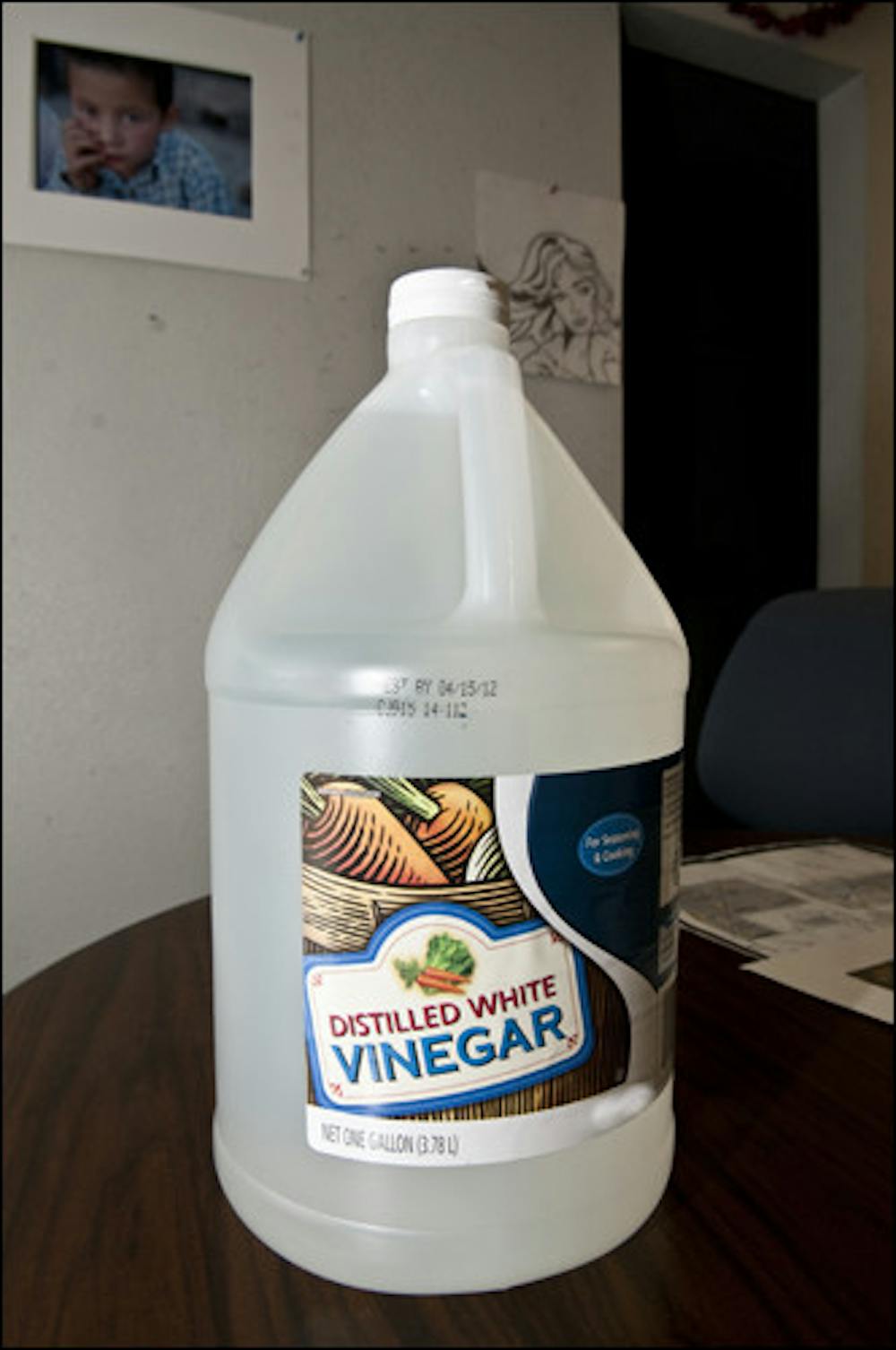ASU is among the leading universities making strides in the area of natural medicine by researching foods like vinegar that show similar properties to accepted Western medications.
Carol Johnston, director of the nutrition program at the College of Nursing and Health Innovation, said she has worked with vinegar as a natural supplement to diabetic medication. Studies both at ASU and around the world have shown vinegar has medicinal properties, she said.
“Vinegar is interesting because it is a food product,” Johnston said, using the term “functional foods” to refer to vinegar and products like it. “Functional foods are foods that offer health benefits.”
Alternative medicine is now being taught at many medical and nursing schools around the country, including UA. At ASU, the nutrition program currently serves that purpose, she said.
Nutrition is essential in the prevention of certain diseases and the overall health of a person, Johnston said, adding that medicinal food and watching one’s diet can many times be substituted for taking pharmaceuticals.
“The problem with medicine is that there is a lot of side effects,” she said. “You’re taking the medicine as a benefit-risk balance. There’s no risk to eating well.”
Johnston, who conducts seminars on vegetarianism and eating well, said diseases like cardiovascular disease can be prevented with a healthy diet.
“It’s a lot easier to take a drug,” she said.
Physicians should keep up with advancements in nutrition as well as medicine, even if it means having a nutritionist on their medical team, Johnston said.
“We want people to be successful, but part of being successful is being healthy,” she said.
Global health and biology junior Joe Canarie said nutrition is an important part of not only alternative medicine, but also preventative medicine.
“We’re dealing with a lot of diseases that should be preventable,” he said.
The Southwest College of Naturopathy Medicine in Tempe incorporates various practices of natural medicine into its teachings.
“That’s a really interesting model,” Canarie said. “They’re really getting more mainstream.”
Though the college is leading Phoenix’s efforts in the area, Canarie said he still doesn’t believe there has been enough research or money invested in the area of natural medicine.
“Western medicine is very interventional,” he said. “Everything is about [how] we want it now.”
So much of Western medicine originally came from nature, however, which is a fact Canarie said is critical to understand.
“There’s a lot more potential out there for things to be discovered,” he said. “As we’re losing more and more species, we’re losing more potential.”
Rebecca Snowden, a first-year student at the Southwest College of Naturopathy Medicine, said the health care system would see less preventative diseases, such as cardiovascular disease and diabetes, if it promoted natural alternatives to allopathic, or Western, medicine.
“If we can keep those diseases from developing in the first place … it would benefit the system,” she said.
With a background in acupuncture, Snowden acknowledged how difficult it is to research and prove the efficiency of natural alternatives.
“Medicine should definitely be evidenced-based,” she said. “That’s a huge priority.”
For a medical student learning naturopathic medicine, it is important to have a base-knowledge in Western medicine, Snowden said. At her college, the curriculum incorporates both disciplines together.
“So much of the natural modalities are still based on empirical evidence,” she said. “But many people are responding and recovering.”
Naturopathic medicine is based more on preventative measures, an area Johnston said ASU should take more into consideration.
The University requires basic education in many areas but not nutrition.
“We have this huge health care crisis going on right now,” she said, adding that many people are uneducated about the issues.
A possibility Johnston said is worth exploring is requiring all students at the University to take a nutrition course.
Reach the reporter at ndgilber@asu.edu.




